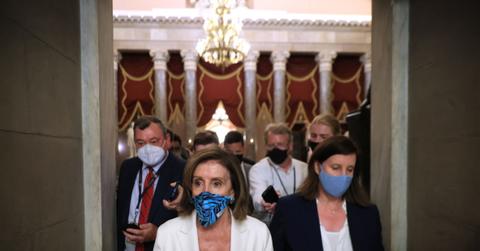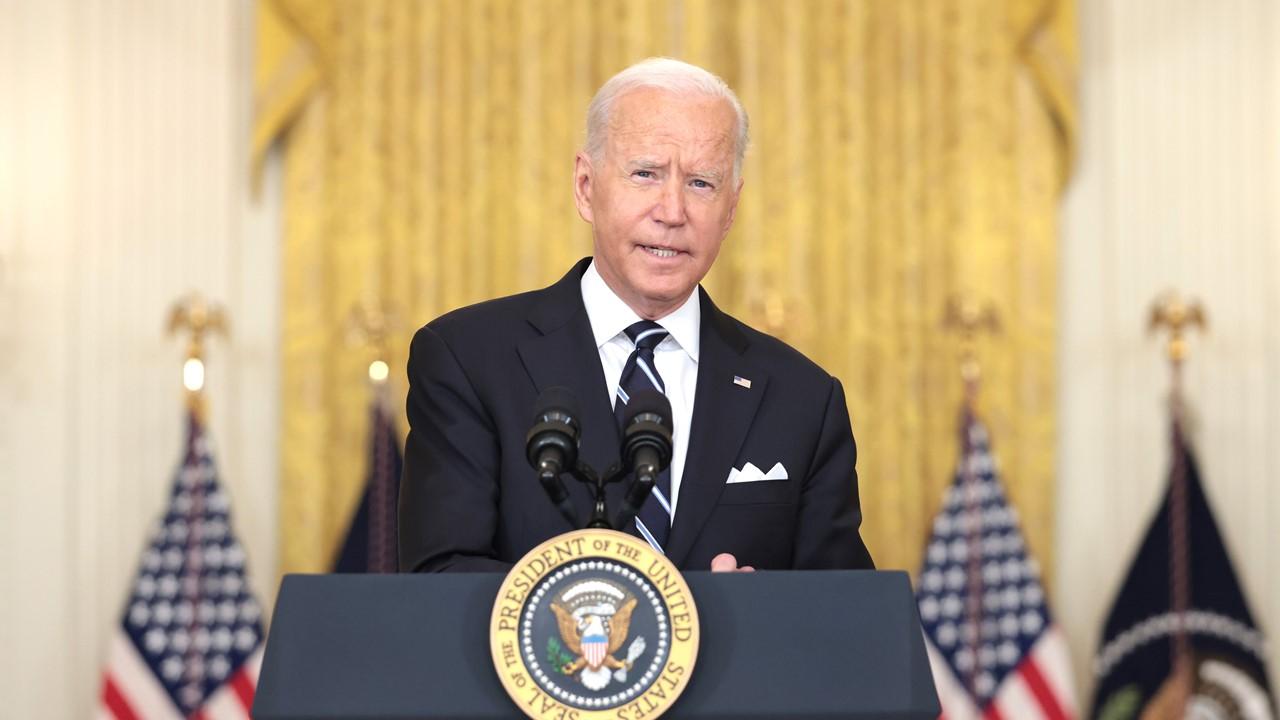Consumers Are Concerned About New Taxes in the Infrastructure Bill
The Senate passed the $1 trillion infrastructure bill. However, consumers are concerned about new taxes. More tax changes might come in the budget reconciliation bill.
Aug. 25 2021, Published 12:14 p.m. ET

A new bipartisan infrastructure bill has passed a vote in the U.S. Senate. The bill is called H.R. 3684 or the INVEST in America Act. At a price tag of $1 trillion, the bill includes a massive slate of actions including typical infrastructure elements of transportation and electricity.
How the U.S. government plans to pay for the infrastructure bill has received scrutiny.
Robert Conzo, a former CPA and current CEO and manager of The Wealth Alliance, said that the bill’s Senate passage prompted immediate discussion on budget reconciliation. “The two bills go hand in hand to fund infrastructure. The bottom line is this will cost taxpayers money.”
How the infrastructure bill might impact taxes
Citizens are concerned about how the bill’s passage might impact them personally. Many of them are concerned about what new taxes might be tucked away in the $1 trillion legislation that's 2,700 pages long.

Accounting firm Baker Newman Noyes’ managing director, Jim Guarino, said that the infrastructure bill itself doesn’t contain much in the way of tax changes. Most of the tax implications will be in the budget reconciliation bill.
An opinion piece in The Wall Street Journal published earlier in August called the infrastructure bill a “misguided proposal” that raises taxes, despite some supporters claiming the opposite. For example, the Superfund excise tax will impact corporations directly, but that cost will be passed on to consumers and businesses.
The Washington Policy Center reported that a “national motor vehicle per-mile user fee pilot” is included in the bill. It would test the workability of a national per-mile charge to drivers.
Non-tax offsets
Accounting Today noted that the bill includes both tax offsets and non-tax offsets.
According to PricewaterhouseCoopers (PWC), some of the non-tax offsets include:
Rescinding of any unused funding from COVID-19 relief bills
Delaying of a scheduled Medicare prescription drug rebate rule change
Revenue from future spectrum auction sales and other government assets
Projected revenue increases due to potential economic growth effects born of the infrastructure improvements
Tax offsets
The tax offsets provided in the infrastructure bill include stricter requirements surrounding cryptocurrency reporting and a reinstatement (with changes) of the Superfund excise chemical tax.

The Superfund excise tax is one of the most notable aspects of the infrastructure bill’s new taxes. If this part of the bill passes, it will impose new taxes on 42 different chemicals, critical minerals, and metallic elements. It's restoring a tax that was first imposed in 1980 to force chemical companies to clean up hazardous sites.
The Superfund tax expired in 1995 and shifted the burden of paying for these Superfund cleanups onto citizen taxpayers. President Biden isn't the first person to attempt bringing back the taxes.
Also, cryptocurrency reporting will become stricter under the infrastructure bill. Any cryptocurrency transaction above $10,000 will be taxed.
Defined benefit plans might see an extension of modified interest rates. This allows companies to lower mandatory contributions, which lowers their deduction and leaves more revenue to the IRS.
The COVID-19 employee retention tax credit will be impacted as well. The credit for employers who shut down due to the COVID-19 pandemic will end after September 30, 2021.
